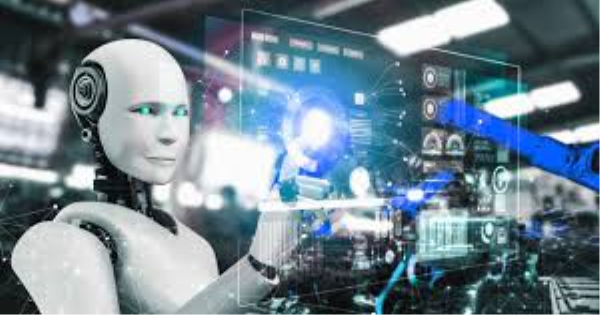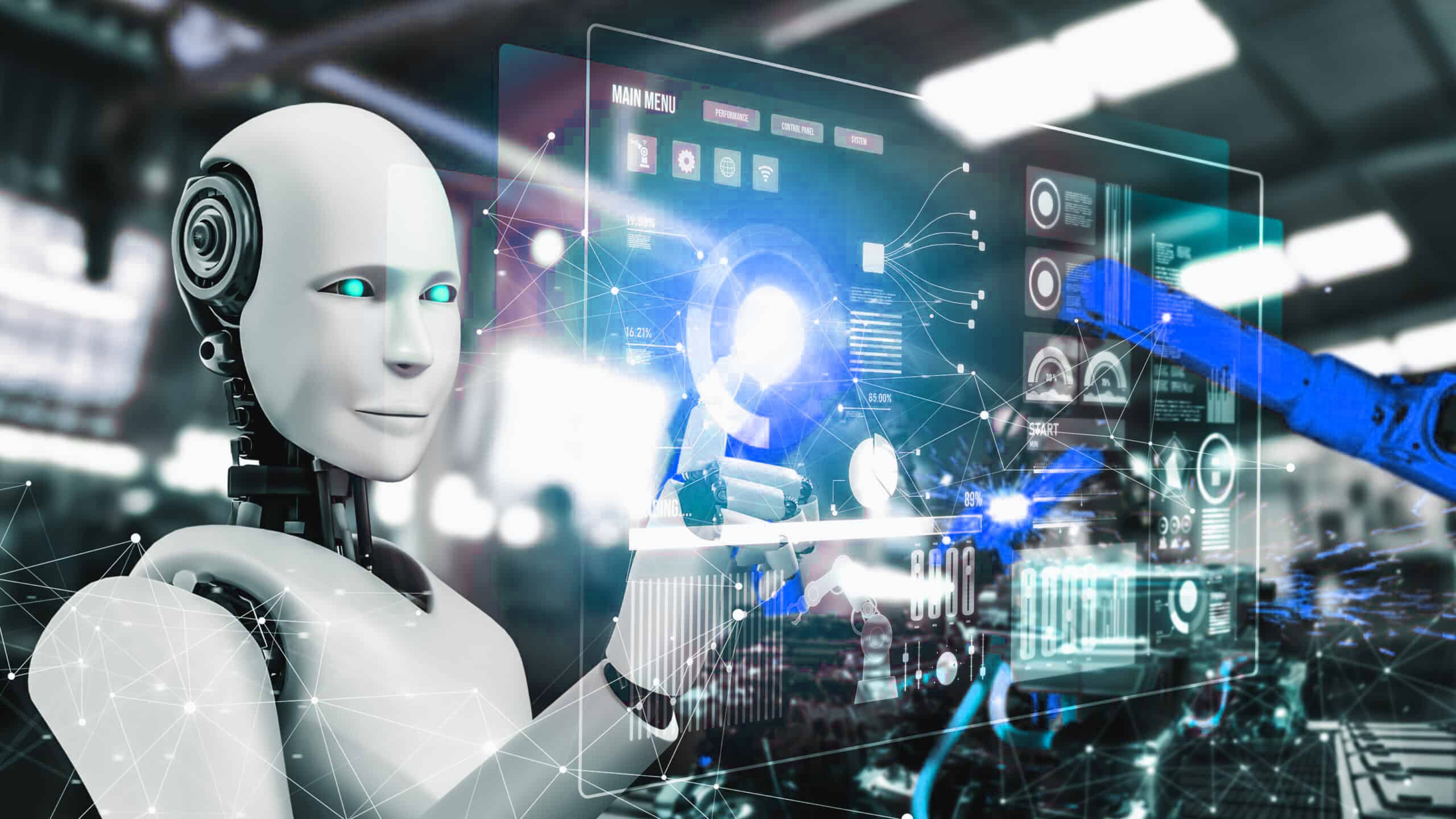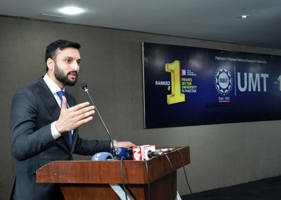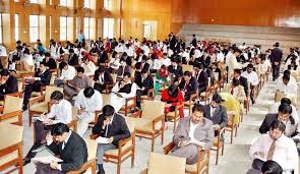

The rapid evolution of artificial intelligence is fundamentally reshaping our workforce landscape. As we navigate this technological revolution, both opportunities and challenges emerge for workers and businesses alike.
The Transformation of Traditional Roles
AI is not simply replacing jobs – it's transforming them. Take accounting, for instance. While AI handles routine calculations and data entry, accountants are evolving into strategic advisors who interpret complex financial data and guide business decisions. Similarly, in healthcare, AI assists with diagnostic processes, allowing medical professionals to spend more time on patient care and complex medical decisions.
Emerging Career Opportunities
The AI revolution is creating entirely new career paths. Data scientists, AI trainers, automation specialists, and AI ethics officers are now in high demand. These roles didn't exist a decade ago, yet they've become crucial in our AI-driven economy. Companies increasingly need professionals who can bridge the gap between technical capabilities and practical business applications.
Skills for the AI Era
To thrive in this new landscape, workers need to develop:
- Critical thinking and problem-solving abilities
- Emotional intelligence and interpersonal skills
- Adaptability and continuous learning mindset
- Basic AI literacy and digital fluency
- Cross-functional collaboration capabilities
Impact on Different Sectors
The influence of AI varies across industries:
Manufacturing
Smart factories employ AI for predictive maintenance and quality control, while human workers focus on oversight and strategic planning.
Customer Service
AI chatbots handle routine inquiries, allowing human agents to address complex issues requiring empathy and nuanced understanding.
Creative Industries
AI tools augment human creativity rather than replace it, enabling new forms of artistic expression and content creation.
The Human Advantage
Despite AI's capabilities, uniquely human skills remain irreplaceable:
- Complex decision-making
- Creative problem-solving
- Emotional intelligence
- Ethical judgment
- Cultural understanding
Looking Ahead
The future workplace will likely be a collaborative environment where humans and AI complement each other's strengths. Success will depend on our ability to adapt and leverage AI as a tool for enhancement rather than viewing it as a replacement.
Preparing for the Future
Organizations and individuals must:
- Invest in continuous learning and skill development
- Foster adaptability and resilience
- Embrace technological change while maintaining human-centric approaches
- Develop strategies for human-AI collaboration
The AI revolution in the job market isn't about replacement – it's about transformation. Those who adapt and acquire relevant skills will find themselves well-positioned in this evolving landscape.



.jpg)












Share your comments & questions here
No comments yet. Be the first to comment!